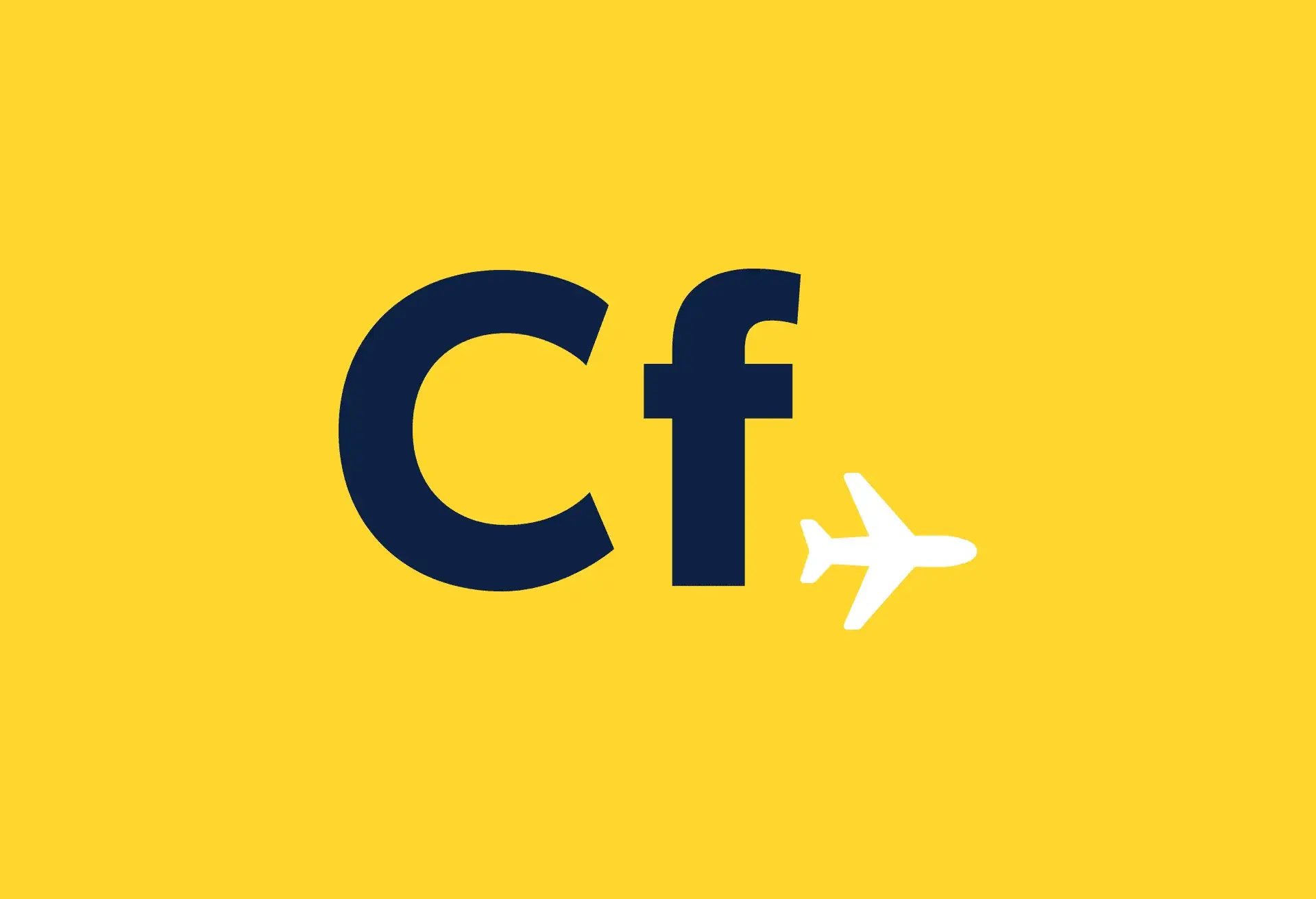Airline passengers could soon see a reduction in fares, combined with greater comfort, after aeroplane manufacturer Boeing announced the launch of the new Boeing 737 Max yesterday.
With the launch of the new family of aircraft, Boeing aims to build on the existing strength of the Next-Generation 737, short-to-medium-range single-aisle planes currently used by airlines such as Ryanair and Air Berlin that operate flights to Italy, Germany and other European destinations.
The new family of aircraft will include the 737 MAX 7, 737 MAX 8 and 737 MAX 9 and will give airlines a 10 -12 per cent improvement on fuel use per seat compared to current competitors and 50 per cent lower fuel used per seat than a Boeing MD-80.
Overall, Boeing claims that airlines will benefit from a 7 per cent advantage in operating costs over future competing planes: savings that should hopefully be passed on to passengers with cheaper airfares.
Passengers should also benefit from more space with the new generation of 737. The launch of the new 737 Boeing Sky Interior, which includes spacious cabin headroom, overhead bins that disappear into the ceiling yet carry more bags and LED lighting that brings any colour into the cabin.
The existing Boeing 737 claims to be the world’s most popular and most reliable commercial jet, with more than 9,000 orders to date: Boeing has delivered 24 existing 737s to Ryanair this year. The 737 currently boasts the highest reliability performance of any aircraft worldwide with a 99.7 per cent on-time departure time.
Boeing forecasts global demand for more than 23,000 airplanes in the 737’s market segment over the next 20 years at a value of nearly $2 trillion.
Want to find out more about the new Boeing 737 Max? Watch this video below:


